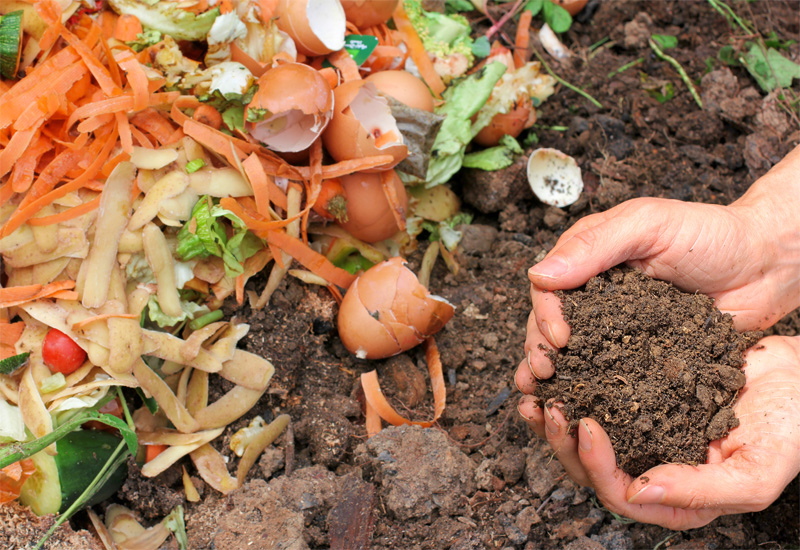What are the region’s hoteliers and restaurateurs doing to combat the issue of food waste, and do they need more support from the government? Caterer Middle East investigates
In a region, perhaps rightly or wrongly, known for its excess, F&B is not far behind. From extravagant brunches to large portions of food served on a regular basis, it is clear there is no shortage of things to eat. But the cost of this extravagance is that a lot of it goes to waste.
This issue is one that surfaces every year during Ramadan, in response to the gargantuan spreads put out during iftar events. But it goes beyond one month in the year, and is something that needs to be considered on a daily basis.

| Advertisement |
Waste management company Averda’s CEO Jeroen Vincent recently spoke at the third annual Arab Future Cities Summit, and said: “60% of solid waste in any given city, for instance, is food, which is full of valuable nutrients for the region’s soil.
We need to rethink this model and build a smarter system in our cities.” At the summit, he said municipalities are in sore need of re-thinking waste streams rather than bundling everything off to a landfill.
The first step for many cities in the region, according to Vincent, is to separate the volume of food waste collected. Next, it is essential for municipal governments to implement schemes to incentivise businesses to recycle their food waste and turn into fertiliser and renewable energy.
“There are profound benefits to incentivising stakeholders,” Vincent said at the summit.
“Along with generating clean electricity and fuel commodities such as ethanol and methane, waste can also kickstart new industries. By turning waste into fertilisers, we can encourage farming in a region where the soil lacks the nutrients and the ability to retain water. By producing organic fertiliser, we can avoid importing synthetic fertilisers, while reducing the cost of farming, and foster a new, sustainable industry in the Middle East.”
So, what are the region’s hoteliers and restaurateurs doing to combat the issue, not just at Ramadan, but throughout the year? Additionally, is it easy to do so, or is more support required on a governmental level?
Article continues on next page ...









 Search our database of more than 2,700 industry companies
Search our database of more than 2,700 industry companies









